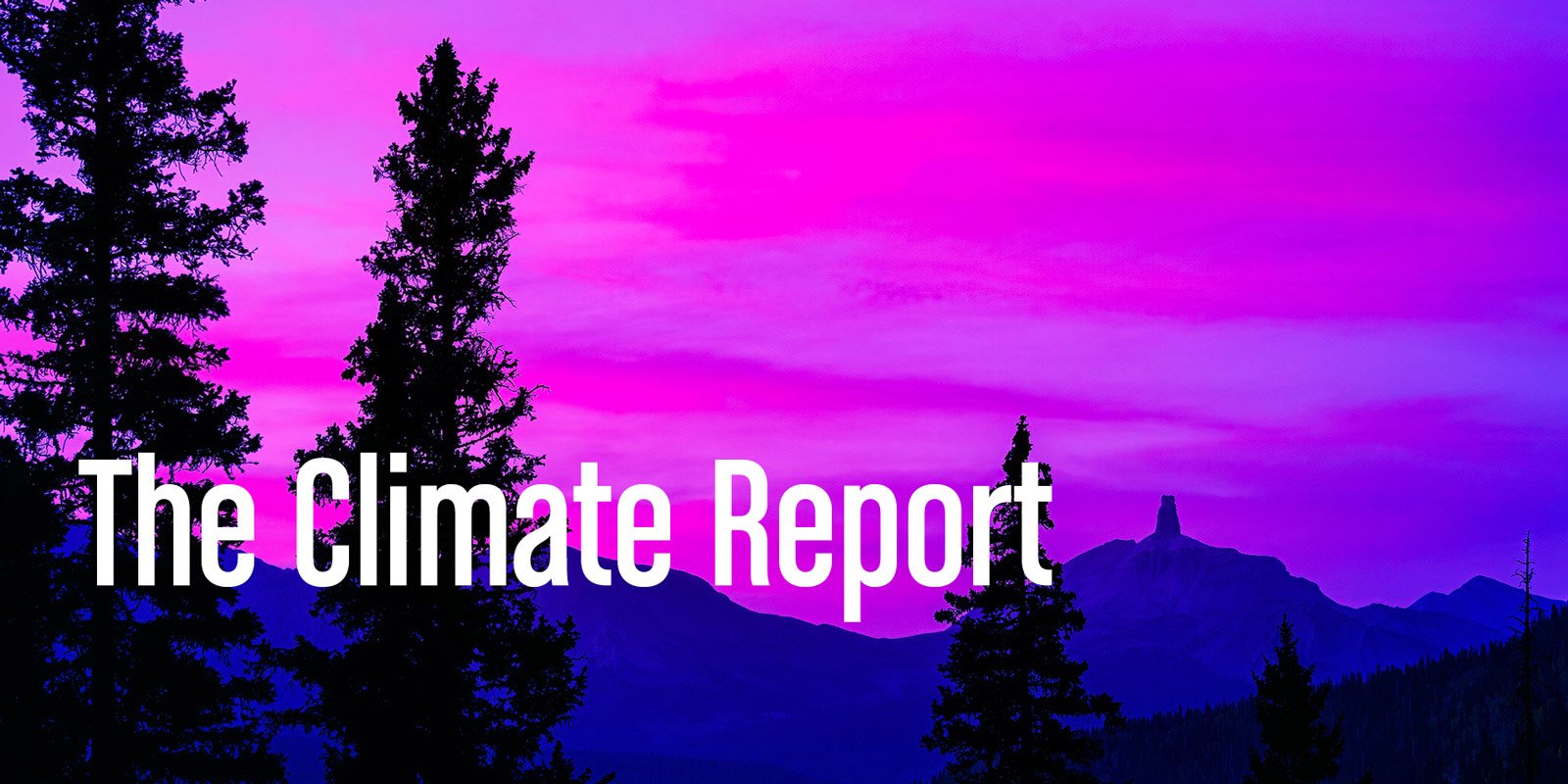
Trump Paves Way for Coal Renaissance and Targets State Climate Change Efforts
In early April, President Trump issued several energy-related presidential actions aimed at reviving the coal industry. These actions could boost the domestic coal industry, including by rolling back environmental regulations that restrict emissions from coal-fired power plants. The administration claims that these actions are necessary to ensure energy security, lower electricity costs, and support emerging technologies. Critics argue that these actions will have devastating impacts on the climate and slow the transition to renewable energy. These newest actions expand upon the national energy emergency declared on President Trump's first day in office.
One executive order, "Reinvigorating America's Beautiful Clean Coal Industry and Amending Executive Order 14241," claims that coal is essential to meeting the rising electricity demand due to the resurgence of domestic manufacturing and the construction of artificial intelligence data processing centers. The order seeks to remove federal regulatory barriers to coal production and use, encourage coal exports, and designate coal as a critical mineral. The order specifically directs certain agencies to identify coal reserves on federal lands and lift barriers to mining them. On May 29, 2025, a number of youth plaintiffs challenged this order in a Montana district court, alleging violations of substantive due process and ultra vires presidential actions.
Another executive order, "Strengthening the Reliability and Security of the United States Electric Grid," focuses on increasing the reliability of the electric grid because of increasing electricity demand. The order outlines policies for utilizing all available power generation resources, including sources that produce a reliable supply of energy. While not directly focusing on coal, this order makes sure coal is considered as an energy source when strengthening the reliability of the grid. The order also prevents certain energy production sources, including coal plants, from leaving the grid or switching fuel sources unless it is shown that alternate fuel does not diminish availability and capacity. This directive comes as coal plants across the United States are retiring and potentially being repurposed for alternative energy sources, such as nuclear power plants.
In another executive order, "Protecting American Energy from State Overreach," President Trump targeted state and local laws, policies, and "causes of action" that burden the development and use of domestic energy resources, particularly those that seek to address climate change or impose carbon or greenhouse gas emissions standards, suggesting that such state efforts may be unconstitutional or preempted by federal law. The order directs the attorney general to take action to stop enforcement of state laws and continuation of civil actions that encumber domestic energy production. It also directs the attorney general to recommend further presidential or legislative actions that may be necessary to stop the enforcement of such state laws. Implementation of this executive order could potentially implicate a wide range of states that have enacted or are in the process of enacting certain laws. In particular, the order highlights New York and Vermont laws seeking to retroactively impose fines on traditional energy producers for their purported past contributions to greenhouse gas emissions and California's carbon cap-and-trade program. The federal government has already acted against these laws in New York and Vermont by filing lawsuits on May 1, 2025, to deem the laws unconstitutional. On April 30, 2025, the federal government also sued Michigan and Hawaii to block anticipated state lawsuits against fossil fuel companies for their alleged negative impact on climate change. Hawaii moved forward with filing its lawsuit on May 1, 2025. Michigan has not filed its lawsuit, but may do so in the future.
Finally, a proclamation, "Regulatory Relief for Certain Stationary Sources to Promote American Energy," invokes the presidential exemption outlined in Section 112(i)(4) of the Clean Air Act. The exemption lasts for two years and allows coal plants to be noncompliant with certain emissions standards based on national security and the unavailability of necessary technology. Specifically, the exemption waives the more stringent requirements for mercury and other pollutants set forth in the Environmental Protection Agency's May 7, 2024, amendment to the Mercury and Air Toxics Standards ("MATS") rule, leaving in place the old MATS until July 8, 2029. The proclamation claims that compliance with the new MATS requirements would create severe burdens on coal-fired power plants, risking the shutdown of many plants, as well as cause broader economic and energy security effects.
These executive actions have sparked resistance from environmental groups, renewable energy supporters, and some state and local governments. Opponents argue that these policies will increase greenhouse gas emissions, undermine efforts to transition to a low-carbon economy, and increase costs. Like other environmental measures taken by the Trump administration, these actions are likely to be challenged in court.




